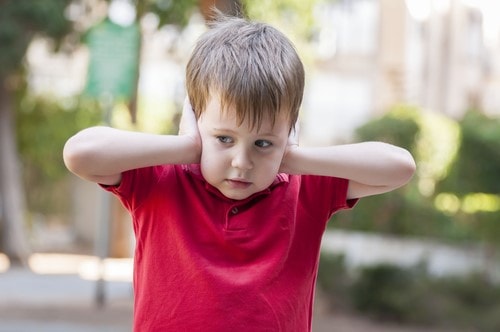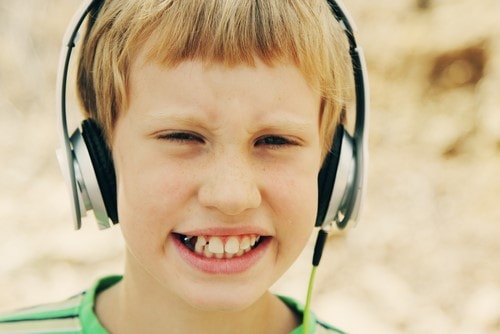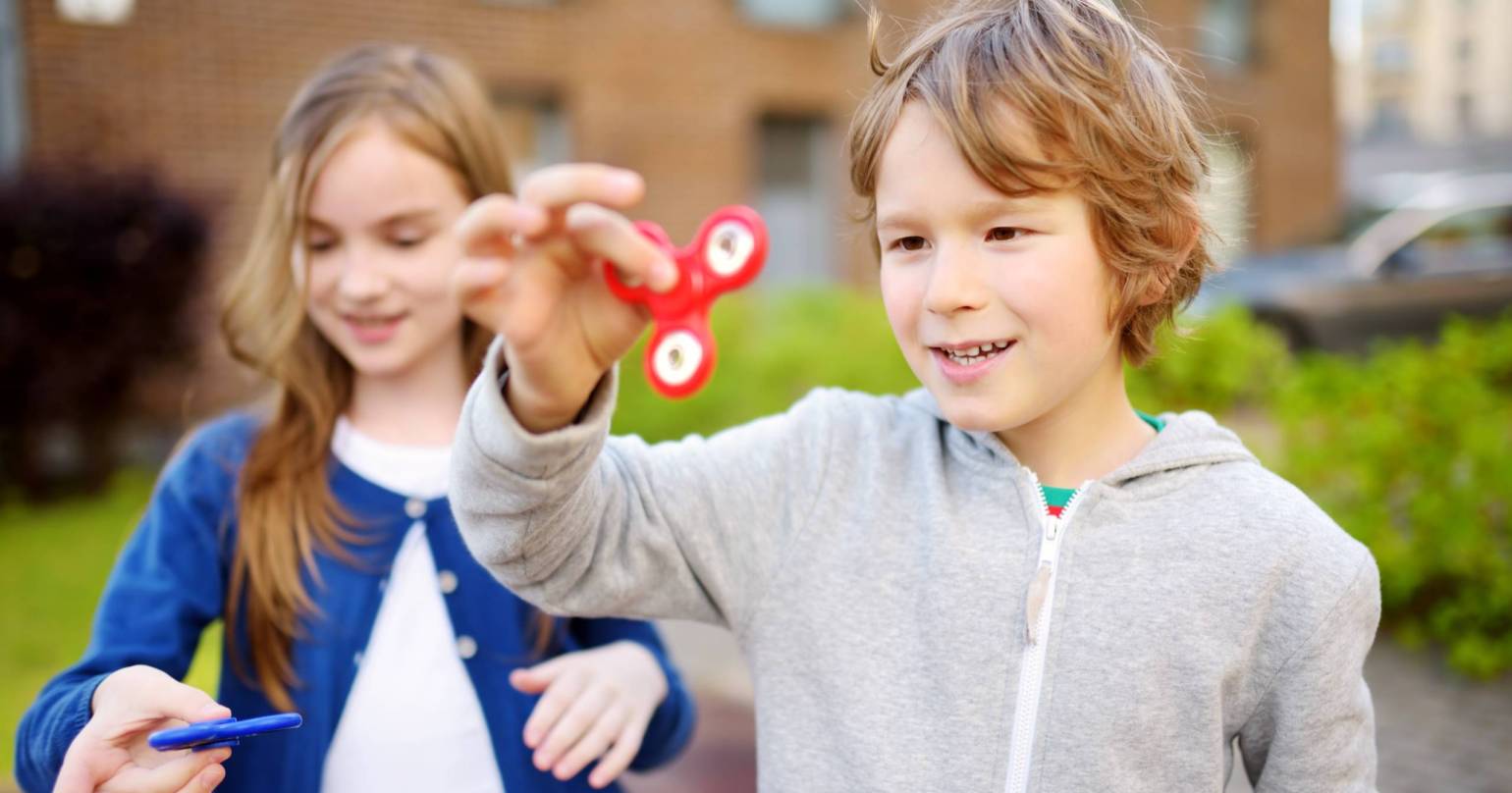Everyone is different. It is important to teach our kids this as early as possible. Of course, your child plays and interacts with various kids everyday but sooner or later, he will meet someone who is a little more different than the rest of his friends.

A few differences are obvious such as physical disabilities and blindness. But your child may not understand why one of his classmates can’t pronounce a word that he can or distinguish between B and D easily. Encourage your child to befriend everyone, whether or not they are as fast as them, as friendly as them, or as open as them. At the same time, teach him about disabilities. Of course, you may be unsure about how to start and what to talk about. Here’s a guide that would help:
Your child is going to be curious. Take the first step.
Sometimes, kids just stare at other kids without saying anything. May be, they are confused or are scared to ask. Take the first step so that he is comfortable. Say, “You noticed that child is finding it difficult to speak clearly. She has autism and it affects the way she communicates.”
If you or your child have questions, it is okay to talk to the parent. In fact, parents of kids with disabilities are generally very happy to answer questions. They prefer questions to blank stares on any day!
Don’t talk of it with pity. Talk of it like a fact.
It is very important to ensure that your child doesn’t pity anyone. Children with disabilities do not want pity. They want someone who understands them and would like to befriend them.
Talking of a disability like it is a fact will teach your kid that it is normal and nothing to looking differently at. He will learn not to distinguish or, worse, discriminate based on disabilities.

Your child catches each word. Take care while describing people.
Using words such as handicapped and retarded is a big no. Also, stop using the word normal for people who don’t have disabilities. The point here is to teach kids that everyone is normal and a few people may have difficulties with a few things.
“The child with autism” sounds much better than “the autistic child.”
There should be no whispering, bullying, or joking. Period.
This is a rule you must instill very, very strictly. Bullying or joking is a simple and stern no.
If you hear your child refer to someone as dumb or retarded, talk to him and make him understand that it is not okay to talk like that. These words really hurt. Also, ask him to apologize when he hurts someone’s feelings knowingly or unknowingly.
Being sensitive and kind to people around us is a lesson we must all learn by default.
Encourage your child to talk to them
Children with disabilities are usually shy and may not approach upfront. Encourage your child to take the first step and say hello. At the same time, tell your child that a person with disability may not respond. But, that’s okay. This shouldn’t change how or whether your child approaches someone.
It is also completely okay to keep talking and understand that the child may take time to open up. Ask about his hobbies, favorite movie, et cetera.
Talk about the various forms of expression

When you are happy, you may express it through words and a big smile but someone with autism may jump suddenly or yelp or flap his arms. The same goes with other emotions.
If unprepared, your child may be bewildered by this behavior even though it is completely normal. Teach your little one that since the child has difficulty speaking, he chooses to express in different ways that may not be common. Your child loves squealing in joy and someone else just likes jumping up and down. It is as simple as that! 🙂
Don’t worry that your child may say something embarrassing
This is one fear that stops many parents from encouraging their children to open up to those with disabilities. What if your child says something embarrassing to the child? That’s okay!
When he says something that he is not supposed to, which may be construed rude and uncalled for, you can ask him to apologize instead of apologizing for him and dragging him away. This will help break the ice and strike a conversation.
Let’s bridge the gap and remove the stigma that surrounds kids with disabilities. Let’s make this a better world for everyone.


Add Comment